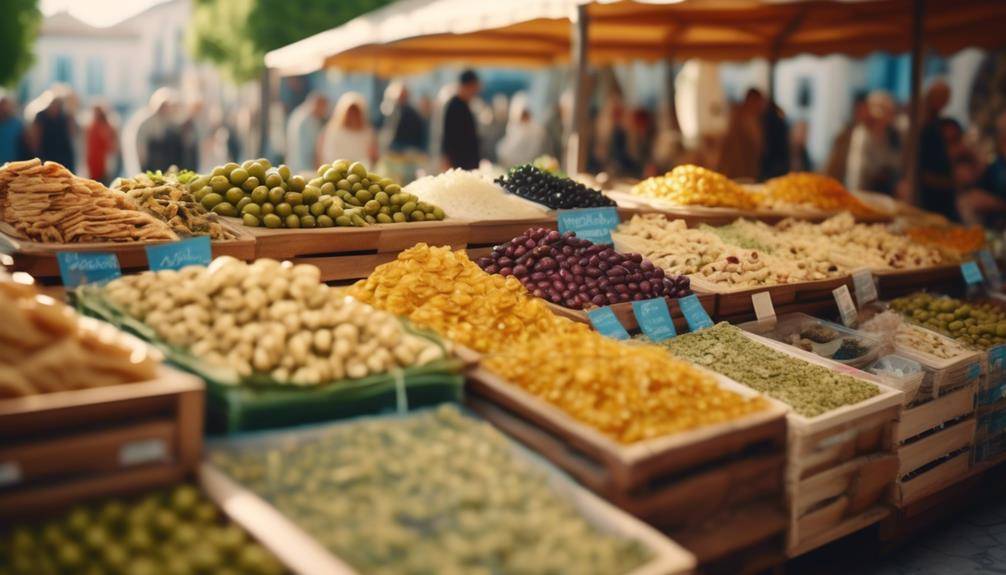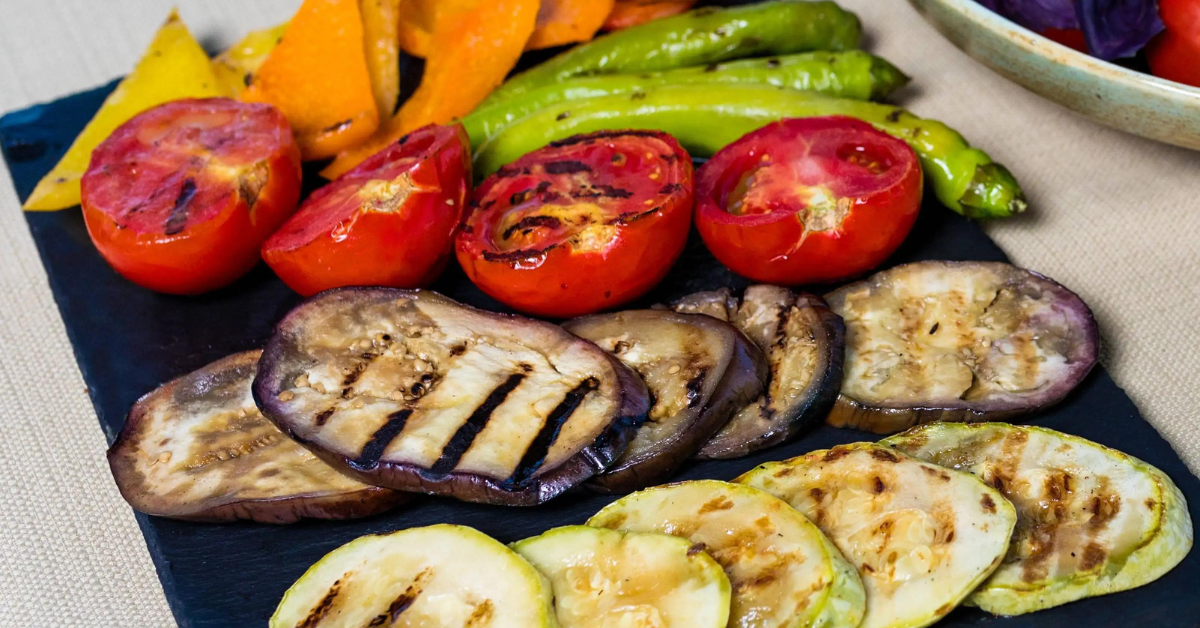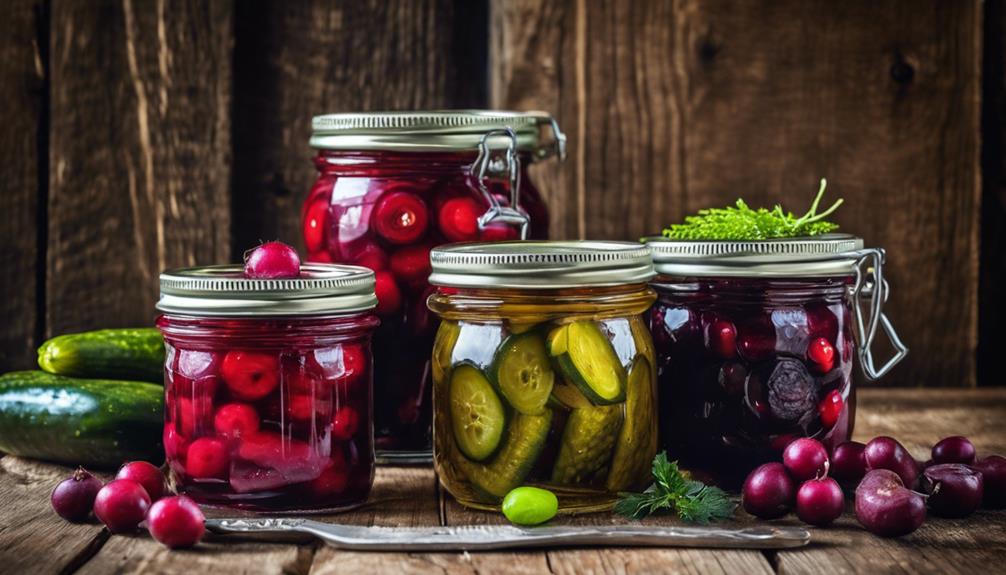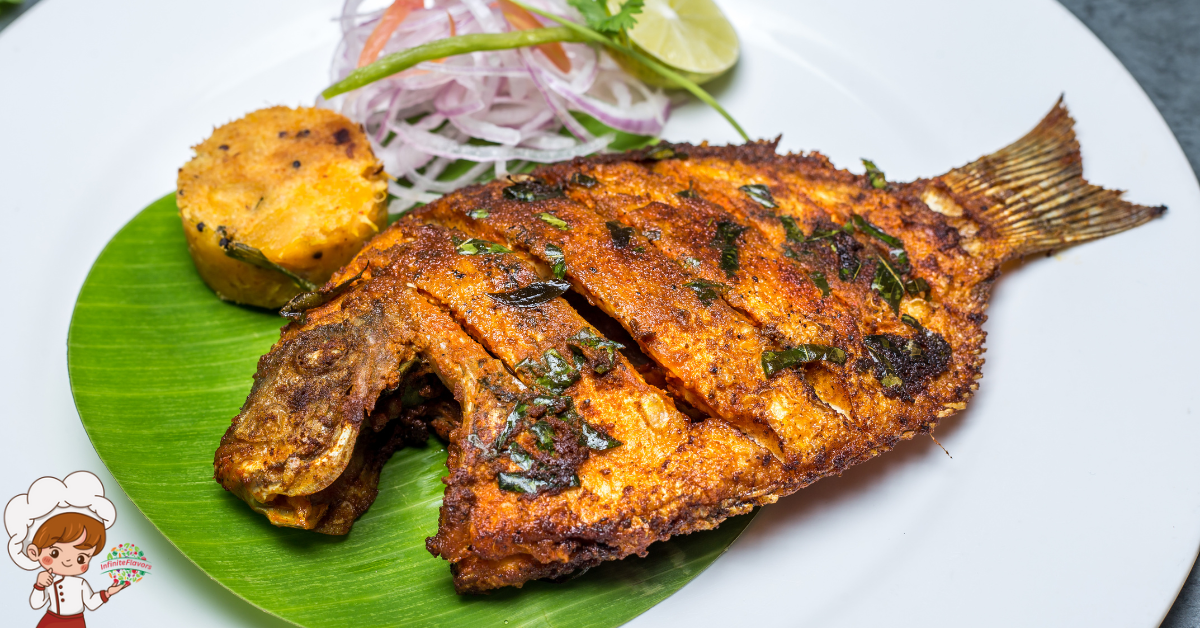The Amazing Greek Cuisine History And Origins

Amazing Greek Cuisine History And Origins; Have you ever savored the flavors of a traditional Greek dish, such as moussaka or souvlaki, and wondered about the history and origins behind these delectable creations? Greek cuisine boasts a rich culinary heritage that has been shaped by various influences throughout history. From the ancient Greeks’ emphasis on fresh, local ingredients to the Byzantine and Ottoman influences that have left their mark on the cuisine, the story of Greek gastronomy is a captivating journey through time. So, let’s take a closer look at the fascinating history and origins of Greek cuisine, and discover the secrets behind its enduring popularity.
Ancient Greek Gastronomy
Ancient Greek gastronomy, with its rich flavors and innovative culinary practices, offers a fascinating glimpse into the sophisticated palate and inventive techniques of the ancient Greeks. Ancient Greek cooking techniques were highly advanced for their time, using methods such as boiling, frying, and baking to create a wide variety of dishes. Boiling was a common technique used to prepare vegetables, meats, and seafood, with the Greeks utilizing a range of aromatic herbs and spices to enhance the flavors. Frying, often done in olive oil, was another popular technique, resulting in crispy and flavorful dishes. Baking, on the other hand, was used for bread and pastries, with the Greeks being particularly skilled in the art of breadmaking.
When it comes to ancient Greek ingredients, there is a strong emphasis on fresh and locally sourced produce. Fruits, such as figs, grapes, and pomegranates, were widely enjoyed and incorporated into both sweet and savory dishes. Vegetables, including lettuce, onions, and cucumbers, were also staples in the ancient Greek diet. Meat, particularly lamb, was commonly consumed, and fish and seafood played a significant role in coastal regions. The Greeks were known for their use of olive oil, which not only added flavor but also had a variety of health benefits.
In addition to these ingredients, the ancient Greeks also made use of various herbs and spices to enhance their dishes. Garlic, thyme, oregano, and mint were commonly used, adding depth and complexity to their meals. Dairy products, such as cheese and yogurt, were also important components of the ancient Greek diet.
Byzantine Influences on Greek Cuisine
As you explore the history of Greek cuisine, it is important to acknowledge the significant influences of the Byzantine Empire. Byzantine culinary traditions played a crucial role in shaping Greek cuisine as we know it today. From the Byzantine influence on ingredients, such as the introduction of spices and new cooking techniques, to the preservation and continuation of ancient Greek gastronomy, the Byzantine Empire left a lasting impact on Greek culinary traditions.
Byzantine Culinary Traditions
Byzantine Culinary Traditions have greatly shaped Greek cuisine, infusing it with a rich and diverse array of flavors and techniques. The Byzantine Empire, with its capital in Constantinople, brought many culinary innovations to Greece. One of these innovations was the use of spices and herbs to add depth and complexity to dishes. Byzantine cooking techniques also had a significant influence on Greek cuisine.
For example, the Byzantines introduced the method of boiling meat before roasting it, which resulted in tender and juicy meat. They also popularized the use of honey as a sweetener in desserts and pastries. Furthermore, the Byzantines brought new cooking utensils and equipment, such as clay pots and ovens, which became integral to Greek cooking. Overall, Byzantine Culinary Traditions played a crucial role in the development of Greek cuisine, leaving a lasting impact on its flavors and culinary techniques.
Byzantine Influence on Ingredients
The influence of Byzantine culinary traditions on Greek cuisine is evident in the diverse range of ingredients incorporated into traditional Greek dishes. The Byzantine Empire, with its vast territories and trade networks, introduced a variety of spices and flavors to Greek cuisine. Some of the key influences on spices include:
- Cinnamon: This aromatic spice was favored by the Byzantines and became a staple in Greek desserts like baklava and galaktoboureko.
- Cloves: Used in Byzantine cooking to add a warm, sweet flavor, cloves can be found in Greek dishes such as souvlaki and moussaka.
- Nutmeg: The Byzantines introduced nutmeg to Greece, which is now commonly used in Greek meat dishes and sauces.
- Cardamom: This fragrant spice was utilized by the Byzantines and can be found in Greek breads and pastries.
The Byzantine influence on ingredients not only expanded the flavor profile of Greek cuisine but also led to culinary adaptations that are still enjoyed today.
Ottoman Culinary Heritage in Greece
Now let’s explore the fascinating Ottoman culinary heritage in Greece. The influence of the Ottoman Empire on Greek cuisine is undeniable, with centuries of cultural exchange resulting in a unique fusion of flavors. Greek-Ottoman fusion dishes, such as moussaka and baklava, showcase this culinary blend, combining traditional Greek ingredients with Ottoman spices and cooking techniques. This rich culinary heritage is a testament to the historical and cultural connections between Greece and the Ottoman Empire, creating a diverse and vibrant gastronomic tradition.
Ottoman Culinary Influence
Greek cuisine has been greatly influenced by the culinary traditions of the Ottoman Empire, leading to a rich and diverse culinary heritage in Greece. This fusion of Ottoman and Greek culinary techniques has resulted in a unique and flavorful cuisine that is loved by many. Here are some key aspects of the Ottoman culinary influence on Greek cuisine:
- Spices and flavors: Ottoman cuisine introduced a wide range of spices and flavors to Greek cooking, such as cinnamon, cloves, and saffron. These ingredients added depth and complexity to traditional Greek dishes.
- Mezze: Mezze, a selection of small dishes served as appetizers or snacks, is a popular aspect of Ottoman culinary heritage in Greece. Mezze dishes like dolmades (stuffed grape leaves) and tzatziki (yogurt and cucumber dip) have become staples in Greek cuisine.
- Pastries and desserts: The Ottoman influence can be seen in the abundance of sweet pastries and desserts in Greek cuisine. Baklava, for example, is a delicious pastry made with layers of filo dough, nuts, and honey that originated in the Ottoman Empire.
- Coffee culture: The tradition of drinking Turkish coffee, a method of brewing coffee that originated in the Ottoman Empire, has become an integral part of Greek culture. Greek coffee is typically strong and served in small cups, often accompanied by a glass of water.
The Ottoman culinary influence on Greek cuisine has resulted in a vibrant and diverse food culture that is appreciated and enjoyed by locals and visitors alike.
Greek-Ottoman Fusion Dishes
Drawing upon the rich culinary traditions of both Greece and the Ottoman Empire, Greek-Ottoman fusion dishes showcase a harmonious blend of flavors and techniques that have captivated palates for centuries. These dishes are a testament to the influence of the Ottoman Empire on Greek cuisine and the lasting impact it has had on the country’s culinary landscape. Greek Ottoman fusion recipes combine ingredients such as lamb, yogurt, and spices like cinnamon and cloves, resulting in unique and delicious flavor profiles.
The Ottoman influence on Greek cooking techniques is evident in dishes like moussaka, which is a layered casserole made with eggplant, minced meat, and béchamel sauce. This dish reflects the Ottoman practice of layering different ingredients to create complex and flavorful dishes. Greek-Ottoman fusion dishes continue to be enjoyed today, preserving the rich history and cultural exchange between these two culinary traditions.
Traditional Greek Ingredients and Techniques
Using centuries-old techniques and a diverse array of fresh, locally-sourced ingredients, traditional Greek cuisine showcases a rich tapestry of flavors that have stood the test of time. Whether you’re indulging in a hearty moussaka or savoring a delicate baklava, Greek cuisine techniques and traditional Greek recipes offer a unique culinary experience. Here are some key ingredients and techniques that make Greek cuisine so special:
- Olive oil: Considered the “liquid gold” of Greece, olive oil is the foundation of many Greek dishes. Its fruity and robust flavor adds depth to everything from salads to roasted vegetables.
- Herbs and spices: Greek cuisine is known for its vibrant use of herbs and spices such as oregano, thyme, mint, and cinnamon. These aromatic ingredients enhance the flavors of dishes and provide a distinct Mediterranean flair.
- Grilling: Greeks have perfected the art of grilling, using open flames to cook meats and vegetables. Whether it’s souvlaki, skewered meat marinated in lemon and herbs, or grilled octopus drizzled with olive oil and lemon juice, the smoky flavors are a hallmark of Greek cuisine.
- Phyllo pastry: Delicate and flaky, phyllo pastry is a staple in Greek desserts like baklava and spanakopita. Layer upon layer of paper-thin dough creates a crispy texture that contrasts beautifully with sweet or savory fillings.
Regional Varieties of Greek Cuisine
As you explore the diverse flavors of traditional Greek cuisine, it is intriguing to discover the regional varieties that have evolved over time, showcasing the rich culinary heritage of Greece. Greek culinary traditions have been influenced by various factors, including geography, climate, and historical events. These regional specialties reflect the unique characteristics of each area, offering a glimpse into the local culture and traditions.
In Northern Greece, you will find dishes that are heavily influenced by the neighboring Balkan countries. The cuisine here is known for its robust flavors and the use of hearty ingredients such as meat, dairy products, and spices. Popular dishes include moussaka, a layered dish with eggplant, potatoes, and ground meat, and soutzoukakia, meatballs flavored with cumin and garlic.
Moving to the islands, you will encounter a completely different culinary experience. The island cuisine is defined by its fresh seafood, olive oil, and local produce. For example, in Crete, you will find dishes like dakos, a salad made with barley rusk, tomatoes, and feta cheese, drizzled with olive oil. Santorini is known for its unique white eggplant, which is used in various dishes, including a delicious eggplant dip called melitzanosalata.
In the Peloponnese region, you will discover a blend of Mediterranean and Middle Eastern influences. The cuisine here is characterized by the use of citrus fruits, spices, and herbs. One popular dish is pastitsio, a baked pasta dish with layers of ground meat, béchamel sauce, and pasta. The region is also famous for its olives and olive oil production.
These are just a few examples of the regional varieties of Greek cuisine. Each region has its own specialties, reflecting the diverse culinary landscape of Greece. Exploring these flavors is like embarking on a gastronomic journey through the country’s rich history and cultural heritage.
Modern Influences on Greek Gastronomy
In recent years, Greek gastronomy has undergone a transformation, embracing modern influences that have brought innovation and creativity to traditional Greek cuisine. This fusion of old and new has resulted in a contemporary Greek culinary scene that is both exciting and vibrant. Here are some of the modern influences and trends that have shaped Greek gastronomy today:
- Modern fusion dishes: Greek chefs have been experimenting with combining traditional Greek ingredients and techniques with flavors and cooking styles from around the world. This has led to the creation of unique dishes that blend Greek and international flavors, such as Greek-style sushi or Greek-inspired tacos.
- Contemporary Greek culinary trends: Greek cuisine has seen a resurgence in popularity, both in Greece and internationally. This has resulted in a renewed focus on using high-quality, locally sourced ingredients, as well as a greater emphasis on seasonality and sustainability. Chefs are also exploring new cooking techniques and presentation styles to elevate Greek dishes to new heights.
- Embracing vegetarian and vegan options: With the rise in popularity of plant-based diets, Greek cuisine has adapted to accommodate these dietary preferences. Many traditional Greek dishes, such as dolmades (stuffed grape leaves) or gigantes plaki (giant baked beans), are naturally vegetarian or vegan-friendly. Additionally, chefs are creating innovative plant-based versions of classic Greek dishes, using ingredients like tofu or tempeh as substitutes for meat.
- Showcasing regional specialties: While Greek cuisine is often associated with popular dishes like moussaka or souvlaki, there is a growing movement to highlight the unique regional specialties that exist throughout Greece. From the fresh seafood of the islands to the hearty mountain cuisine of the mainland, chefs are showcasing the diverse flavors and ingredients that make Greek cuisine so rich and varied.
With these modern influences and trends, Greek gastronomy is evolving and pushing the boundaries of traditional Greek cuisine. The result is a dynamic culinary scene that celebrates the past while embracing the future.
Popular Greek Dishes and Their Origins
Greek cuisine is renowned for its rich and diverse flavors, and understanding the origins of popular Greek dishes adds depth and appreciation to the culinary experience. Greek dish variations are a testament to the country’s long and complex history, with influences from various cultures such as the Ottoman Empire, Byzantine Empire, and Venetians. Traditional Greek recipes have been passed down through generations, preserving the authenticity and unique flavors of the dishes.
One popular Greek dish is Moussaka, which is a layered casserole made with eggplant, ground meat (usually beef or lamb), tomatoes, onions, and a creamy béchamel sauce. Its origins can be traced back to the Ottoman Empire, where a similar dish called Musakka was created. Over time, the Greeks adapted it to their taste, adding their own distinct flavors and ingredients.
Another beloved Greek dish is Dolmades, which are stuffed grape leaves. The filling is typically made with rice, herbs, and sometimes ground meat, rolled and cooked in a lemony broth. Dolmades have their roots in the Byzantine Empire and were influenced by the Middle Eastern cuisine. Today, they are enjoyed as a popular appetizer or meze.
Spanakopita is a savory pastry filled with spinach, feta cheese, onions, and herbs, encased in layers of phyllo dough. This dish can be traced back to the Byzantine Empire and is a staple in Greek cuisine. The combination of the flaky phyllo dough and the rich filling creates a delightful contrast of textures and flavors.
Frequently Asked Questions: Amazing Greek Cuisine History And Origins
What Are the Key Differences Between Ancient Greek Gastronomy and Modern Greek Cuisine?
The key differences between ancient Greek gastronomy and modern Greek cuisine lie in the ingredients, cooking techniques, and cultural influences. While ancient Greek cuisine focused on simplicity and local produce, modern Greek cuisine has been influenced by Mediterranean flavors and international culinary trends.
How Did the Byzantine Empire Influence Greek Cuisine and What Specific Dishes or Ingredients Were Introduced During This Time?
During the Byzantine Empire, Greek cuisine was heavily influenced. The empire’s impact on Greek cuisine and the introduction of Byzantine culinary influences in Greek dishes resulted in the creation of new and unique flavors.
What Are Some Unique Ottoman Culinary Influences That Can Be Found in Greek Cuisine Today?
You can find unique Ottoman culinary influences in Greek cuisine today. These influences have shaped the regional varieties in Greek cuisine, adding a distinct flavor and character to the dishes.
Can You Provide Some Examples of Traditional Greek Ingredients and Techniques That Are Commonly Used in Greek Cooking?
You’ll often find traditional Greek ingredients and techniques in Greek cooking. Olive oil and lemon juice are commonly used for flavoring and dressing dishes, while feta cheese and yogurt add creamy and tangy flavors to many recipes.
Are There Any Specific Regional Varieties of Greek Cuisine That Are Particularly Notable or Famous?
There are several notable regional varieties of Greek cuisine that are famous for their unique dishes. From the tangy flavors of the Ionian Islands to the hearty dishes of Crete, each region offers its own culinary delights.
Conclusion
In conclusion, Greek cuisine is a rich tapestry of history, influences, and flavors that have evolved over centuries. From the ancient Greeks to the Byzantines and Ottomans, each culture has left its mark on Greek gastronomy. Traditional ingredients and techniques are still embraced today, while modern influences have added a new twist to classic dishes. Whether it’s moussaka, souvlaki, or baklava, each popular Greek dish has its own unique origins that reflect the diverse culinary heritage of this Mediterranean country.








